Story by Allison Gorman
When you’re in the middle of nowhere, it can be hard to imagine going anywhere. Just ask Robert Summers, who’s from the middle of nowhere, Tennessee.
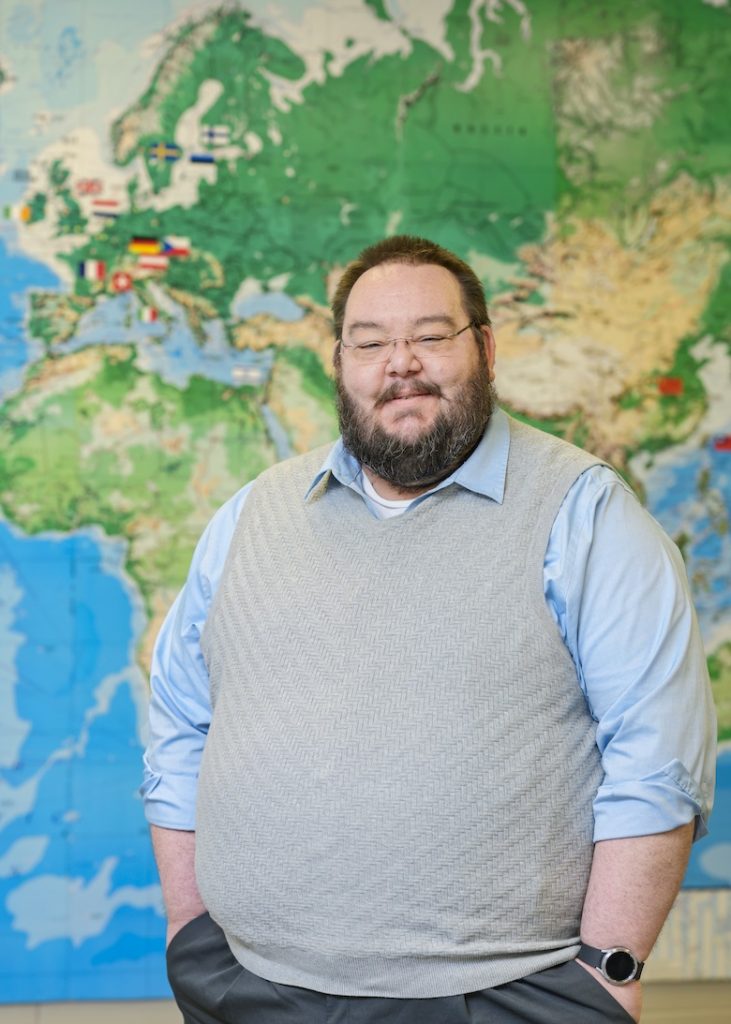
That’s how he describes the place in Putnam County, between Algood and Livingston, where he grew up, where there was not much to do and not much reason to think he’d ever leave. As a high school kid working part time at a body shop, his only post-graduation plan was to go full time.
His mom, a teacher, had different plans for him. She pushed him out of the nest and off to college. Still, he didn’t really “fly” until he went abroad. (That’s also literally true. His first time on an airplane was when he traveled to France as an undergraduate.) The experience broadened his mind and boosted his confidence. It also put him on a path that led him to places he never imagined going, including back home to Tennessee.
Since he joined MTSU as vice provost for international affairs, Summers has been preaching the virtues of study abroad, taking that message beyond the Honors College—where it has long been encouraged and supported—and spreading it campuswide. He’s determined to help every Blue Raider experience the world, even if that means bringing the world to them.
THE MISSIONARY
Summers talks about travel with a missionary’s zeal, perhaps because he’s experienced its saving power himself.
When he tells his own story, as he did at the Honors Transfer Fellows inauguration last September, he explains how a succession of academic mentors gave him wings to the wider world, altering the course of his life. He might only allude to the unspoken boundaries imposed on a kid raised by a single mom in a deeply religious community.
Sometimes the middle of nowhere is a state of mind. After leaving the nest and landing a half-hour away, at Tennessee Tech, Summers still couldn’t envision his path forward. He struggled through his classes before finding a subject that intrigued him—Indochinese history. Then, at his advisor’s urging, he took French as a complementary course.
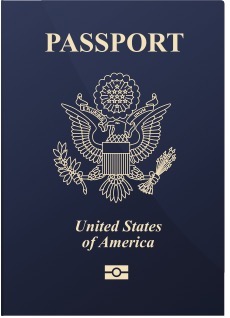 “Lo and behold, I was pretty good at it,” he said.
“Lo and behold, I was pretty good at it,” he said.
He thought he might go to law school after completing his bachelor’s degree in History, but he abandoned that plan when his grandfather died. Instead, he stayed home to wind down the family farm and complete a second bachelor’s degree at Tech, in French. It was a French professor who talked Summers into studying abroad. The subsequent month he spent in France left him empowered and inspired. “I absolutely fell in love with France,” he said. “I came back and wanted to get my master’s.”
Study abroad isn’t just about academics, Summers said; it’s about self-sufficiency. He learned to handle all sorts of unfamiliar situations, from getting a passport to navigating the metro.
“I’d never been on mass transit until I went to France, never been on a subway,” he said. “We didn’t even have buses where I grew up—you either had a car or you didn’t. These [experiences] are important to us just in general, so that we won’t be intimidated by things we don’t understand.”
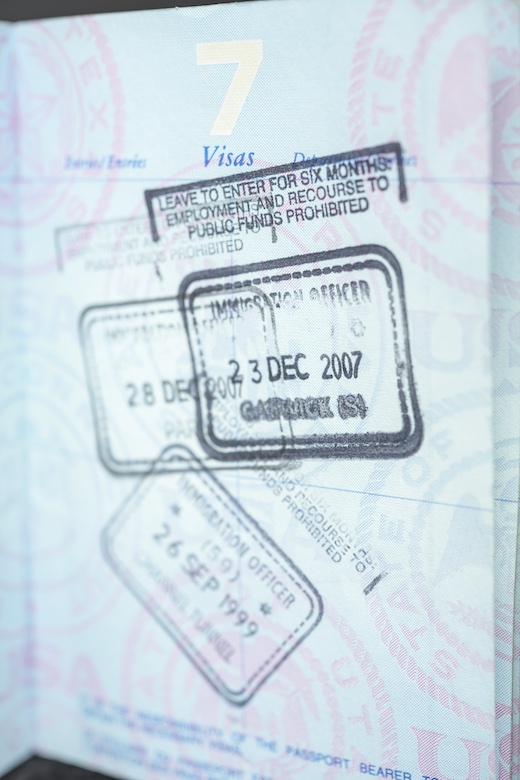
That’s especially true for someone raised in a homogeneous community. Summers tried and enjoyed foods he’d never heard of, and met and liked people who weren’t just of a different Christian denomination than his, but of a different religion altogether.
“To see that they weren’t immediately bursting into flames, to see that they were still decent people, that was just something,” he said. “Because you don’t see different things like that in east Tennessee. It’s a beautiful place, but it really is limiting if you don’t ever leave.”
Study abroad isn’t just about academics. It’s about self-sufficiency.
FOLLOWING THE PATH
After graduating from Tennessee Tech, Summers left home. First stop: MTSU.
Having met with June Hall McCash, the first director of the University Honors Program and then director of what is now the Department of World Languages, Literatures, and Cultures, Summers enrolled as a master’s student in French. He credits several professors, including Nancy Goldberg, Shelley Thomas, and Jun Da, with helping him find his professional interest—the teaching of languages—and encouraging him to follow that path wherever it led.
He was among the first cohorts of Blue Raiders to participate in the summer study abroad program at the University of Caen, in Normandy. That experience led to an internship with the French government, which in turn set him up for a Ph.D. in Second Language Acquisition and Instructional Technology at the University of South Florida. At every stop along the way, new doors opened as his professional network expanded.
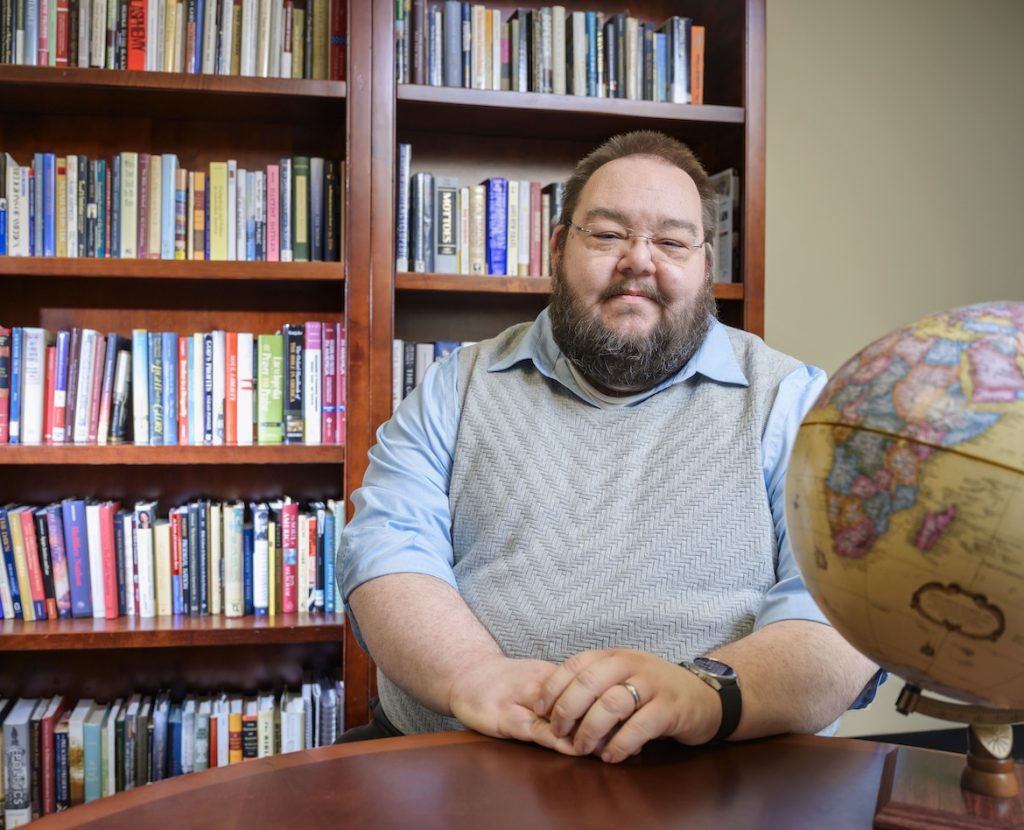
MTSU alum Robert Summers, now vice provost for international affairs (Photo by Andy Heidt)
“There are people I got hooked up with on my dissertation committee that I’m still in contact with today, who also have very high positions in academia,” he said. “My methodologist is the current vice provost of international affairs at Penn State. One of my committee members is the chancellor of Texas Woman’s University, in Denton. . . . I spent some time during my Ph.D. at Université Laval, in Quebec City, and up there I got to work with some of the most high-profile applied linguists in the world.”
After earning his doctorate, Summers kept walking through open doors. He accepted positions as coordinator for language technologies and infrastructure at the University at Albany; then director of international programs in the College of Education at the University of Alabama; then assistant dean for international and exchange programs and, eventually, provost for global engagement at the State University of New York at Buffalo.
He’s determined to help every Blue Raider experience the world.
It was a path built on vision, yet Summers never saw it leading back to MTSU. But when he saw another open door—his current vice provost position, whose duties include overseeing the Office of Education Abroad—he loved the thought of giving wings to a new generation, just two hours from home. He started the job in July 2020.
“It’s been a great experience,” he said. “It’s really nice to give back to MTSU what they gave to me, and to help these kids that are really similar to me—who never thought about going abroad, maybe at one point never even thought about going to college—to help them understand that study abroad is something that they can and should do.”

LOWERING BARRIERS
It’s not hard to explain the “should”; the “can” is the larger challenge, especially when college students often have little time and money to spare. That’s why the Honors College highly encourages study abroad but won’t mandate it, Summers said.
His solution is to make study abroad more accessible for all students by lowering the top two barriers to it.
The first is relevance. “We’re pretty good at making sure that all the classes that the students take fit in directly to their course plan, so it won’t delay their graduation and, in fact, gives them better skills to get a better job after they graduate,” Summers said. “We’re also working hard at getting more international internships for our students.”
The second is cost. While MTSU has awarded nearly $1 million in study abroad scholarships (including several through the Honors College) over the past five years, Summers plans to find new funding sources for travel as well. Given the dual national trends of declining state allocations for higher education and a steadily decreasing college-age population, he said, universities must become “entrepreneurial” in their approach to education abroad experiences.
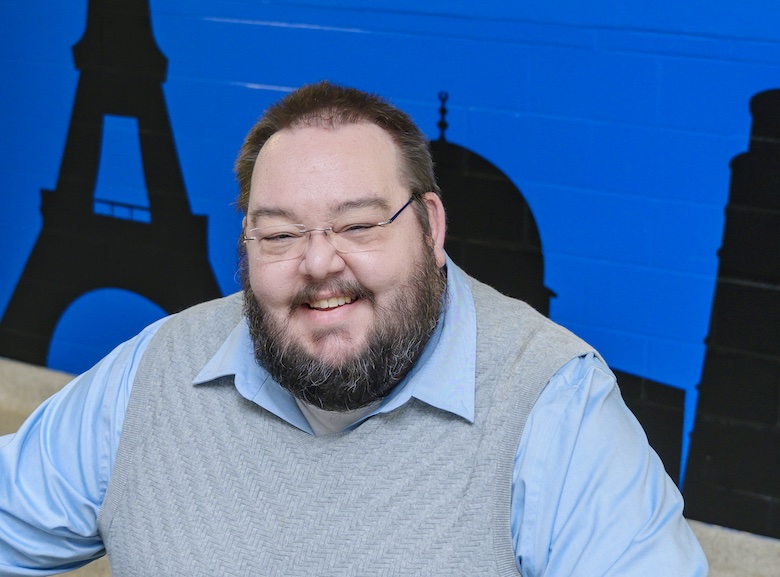
Summers credits his staff for securing $100,000 in new grant funding in his first year at MTSU. That includes a Tennessee Board of Regents award supporting study abroad by students from underrepresented groups, facilitated by faculty members from those same groups.
He’s also asking faculty leaders to reduce travel costs at the line-item level. He says the cumulative savings from simple changes—flying into Gatwick instead of Heathrow, taking mass transit rather than chartering a bus—can put study abroad within reach for more students.
“Sometimes students won’t enroll in classes just over a $300 hold on their account,” Summers said. “I mean, I don’t want to spend an extra $300 if I can avoid it . . . but for a 20-year-old who’s waiting tables at Cracker Barrel and going to school here, $300 is a big deal. So, if we can reduce those costs, they’re going to be more apt to go.”
VIRTUAL TRAVEL
Of course, when Summers arrived at MTSU in 2020, that $300 wouldn’t have made a difference anyway. Borders were closed and study abroad was scuttled due to the COVID-19 global outbreak. Yet, remote alternatives that evolved during the pandemic have shown that the University can provide global experiences to students who can’t participate in traditional ways.
International internships that went virtual during the pandemic turned out to be not only impactful but also “great equalizers,” Summers said. Students who couldn’t have afforded a $2,000 plane ticket to work in Vietnam did so remotely instead. In fact, one former remote intern recently accepted a permanent position there. She’s still working virtually for now.
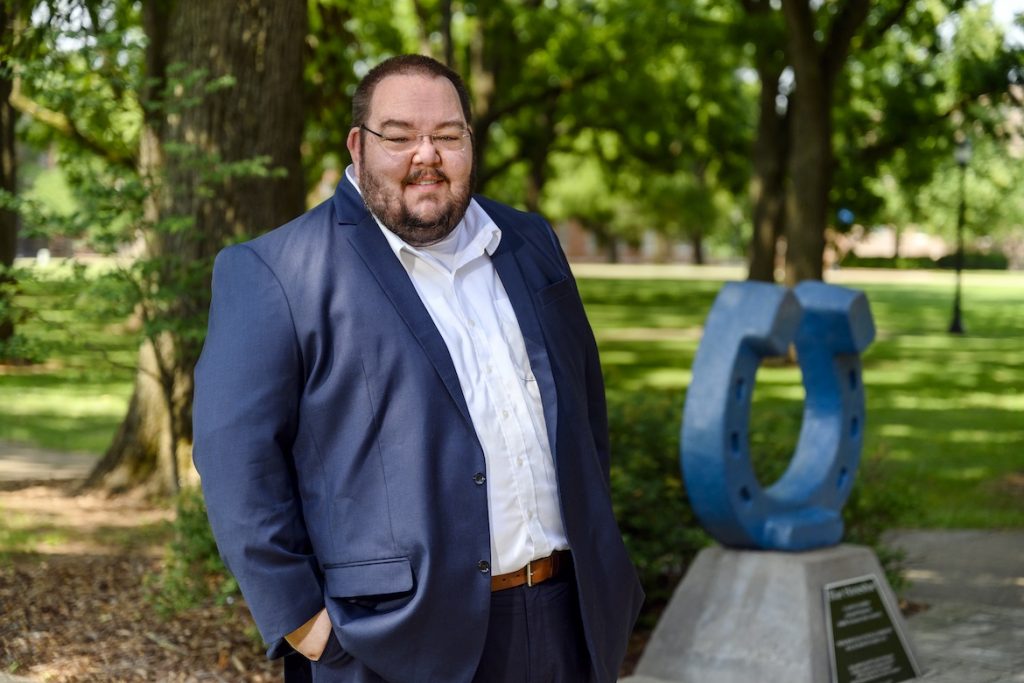
And Summers is continuing a hybrid international exchange program he launched when faculty travel shut down. Money that would have funded exploratory trips to establish new study abroad partnerships has been reallocated as grant funding to establish online exchanges instead.
Through this new program, an MTSU faculty member can partner with a colleague abroad to develop a project their students will collaborate on virtually. Ideally, Summers said, the project will culminate with a joint in-person gathering on one campus or the other.
“Plenty of people have said that the pandemic has made the evolution of higher ed speed up, and I certainly see it withthe evolution of study abroad—it has sped up these online intercultural exchanges,” he said. “So I’m happy that we have the funds to do this and faculty that are interested in doing it.”
A succession of academic mentors gave him wings to the wider world.
AN INTERNATIONAL CAMPUS
All these changes reflect one of MTSU President Sidney A. McPhee’s longtime priorities: to give every MTSU student an international experience, even if it’s right on campus.
“An international experience is something as easy as sitting beside an international student in math class, making friends with that person, and understanding that they’re not going to eat during Ramadan—and maybe getting invited to the feast when they break their fast,” Summers said.
There are around 500 international students at MTSU, including in the Honors College, and Summers has been working with McPhee to recruit more. (The 2021 Bahamas Bowl doubled as a recruitment trip; Summers and McPhee hosted 100 people over three days.)
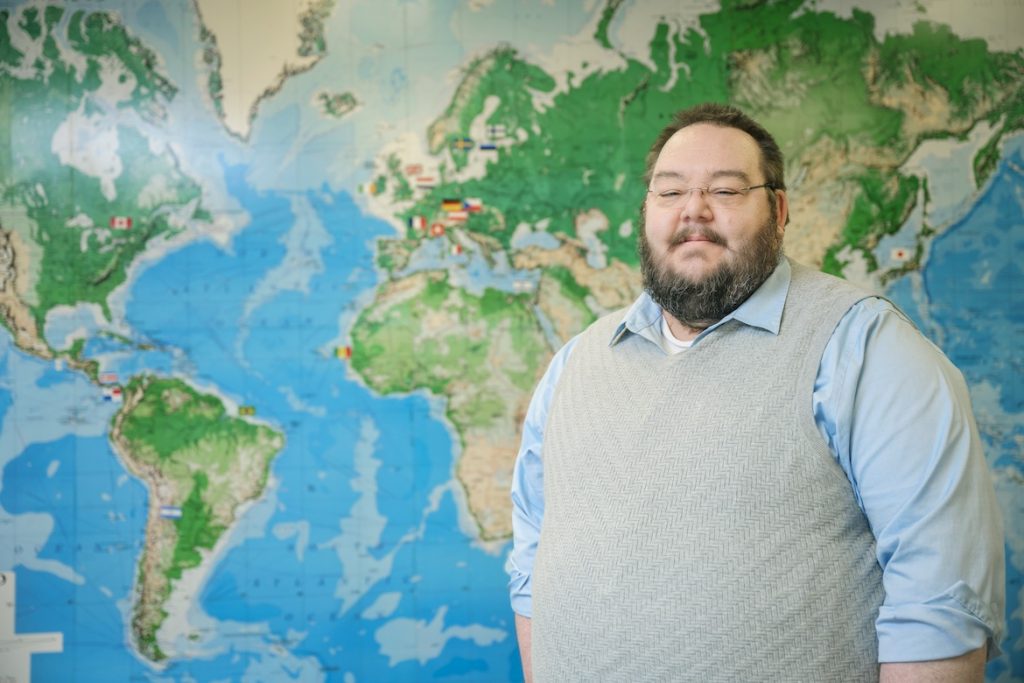
MTSU usually hosts students from around 50 countries, historically led by Saudi Arabia, the Bahamas, and China. But weekly enrollment reports show the number of total countries growing and the top countries changing, Summers said. A recent report indicated “tremendous growth out of Africa,” as well as upticks from Southeast Asia, Iran, and Oman.
Whether you’re talking students or stocks, diversification is a smart strategy, Summers said. But international students bring much more to a university than revenue, he added. They are an integral part of an enriching campus environment.
“We have a language-diverse, religion-diverse, perspective-diverse campus, and our students need this to be successful in 2021, 2022,” Summers said. “Somebody that’s used to homogeneity is not going to be successful when they go into the workplace. They need to be able to work with people with different perspectives and from different cultures.”
To that end, he’s planning a variety of multicultural events on campus—like ’Boro International, the free festival that was moved to MTSU from Cannonsburgh Village for the first time last year—where Blue Raiders can get to know foreign students and their traditions.
“I want students to understand that not everybody speaks English, not everybody plays the violin—they may play the erhu or the Chinese long zither,” he said. “I want them to understand that there’s more out there, you know?”
So much more. And Summers is living proof that you can get there from here at MTSU.

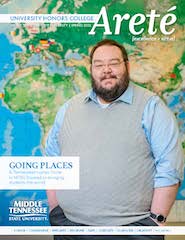
COMMENTS ARE OFF THIS POST